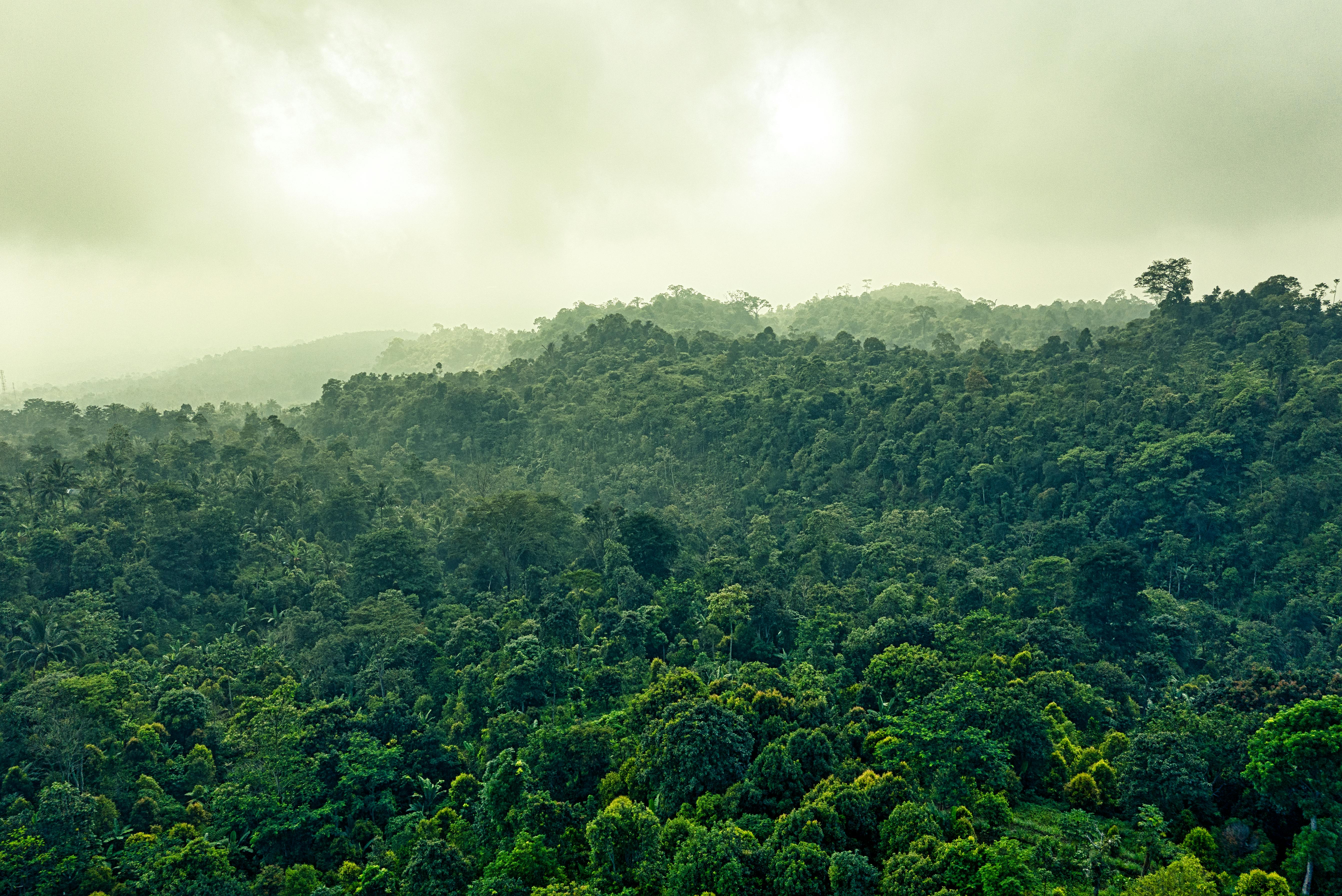A Literary Classic That Endures
Rudyard Kipling’s The Jungle Book, first published in 1894, is far more than a children’s adventure. It is a rich, beautifully told set of stories exploring freedom, community, and what it means to grow up. While most readers remember Mowgli — the boy raised by wolves — the book also includes memorable animal fables and moral tales that have shaped popular culture for over a century.

Into the Heart of the Jungle
The most famous thread of The Jungle Book follows Mowgli, a human child adopted by wolves after being abandoned in the Indian jungle. Guided by wise Bagheera the panther and the carefree Baloo the bear, Mowgli learns the “Law of the Jungle” while fending off Shere Khan, the fearsome tiger who wants to destroy him.
But Kipling’s work is more than just Mowgli’s story. Other tales — like Rikki-Tikki-Tavi, about a brave mongoose who protects his human family from cobras — add variety, showing how courage and loyalty run throughout the animal world.
Themes Beneath the Roar
Though The Jungle Book is packed with adventure, its themes go much deeper:
- Belonging and identity: Mowgli struggles between the world of animals and humans
- Law and order: the “Law of the Jungle” is about respect, fairness, and balance
- Courage: from Mowgli facing Shere Khan to Rikki defending his family
- Coming of age: finding one’s place in a complex, often dangerous world
These timeless ideas keep the book relevant for modern readers, whether children or adults.
Kipling’s Storytelling Power
Kipling’s language is vivid and lyrical, capturing the untamed beauty of the jungle in rich detail. His writing blends folklore with moral lessons, yet never feels heavy-handed. Instead, each chapter flows like an exciting campfire tale, alive with rhythm, suspense, and universal truths.
While some parts reflect the colonial attitudes of the era, many readers still find the sense of adventure and the core messages resonate even today.

Why It Still Matters
Over a hundred years later, The Jungle Book has been retold through countless films, plays, and adaptations — but the original text continues to enchant. Its lessons about belonging, bravery, and balance between nature and humankind feel more meaningful than ever.
Final Thoughts
The Jungle Book remains a powerful read, reminding us that the wildness within and the bonds of community are equally important. Whether you’re rediscovering it or meeting Mowgli for the first time, this classic has something new to offer every time you open its pages.

